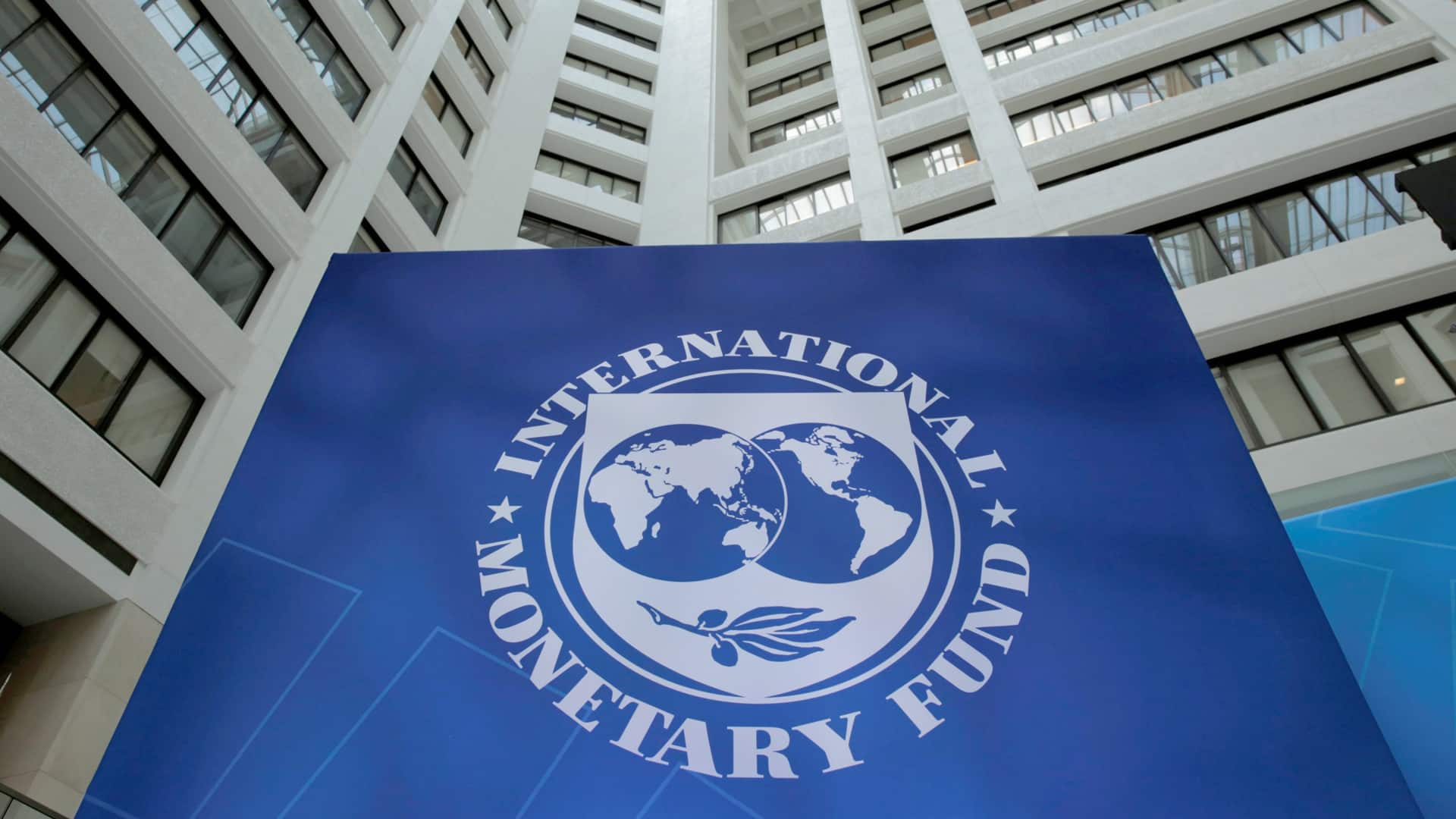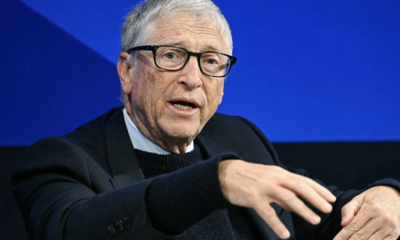Business
IMF says it is concerned by food, fertilizer export restrictions; welcomes India’s decision to relax ban on wheat exports
The IMF has said that it is concerned by the use of food and fertilizer export restrictions by some nations which can exacerbate global price increases and market volatility and welcomed India’s recent decision to relax its originally announced ban on wheat exports and allow some shipments to proceed.
A senior International Monetary Fund official observed that some 30 countries have curtailed exports of commodity goods including food and fuel since the war in Ukraine began. “We are very concerned by the use of food and fertilizer export restrictions, which can exacerbate global price increases and market volatility. So, this goes beyond India,” IMF spokesperson Gerry Rice told reporters at a news conference here on Thursday.
Also read: Shriram Transport Finance raises USD 250 mn long-term funding from DFC
“Our monitoring indicates that some 30 countries, in fact, have curtailed exports of commodity goods, including food and fuel, and that since the war in Ukraine began. So, we are very concerned about this. (IMF Managing Director) Kristalina Georgieva has been very vocal on this. (First Deputy Managing Director) Gita Gopinath spoke about it again, yesterday, he said responding to a question on India.
“On India, we welcome India’s decision recently to relax its originally announced ban and allow some wheat exports to proceed, including the already contracted shipments and exports to countries with food security needs. And we hope to see further relaxation of bans, and again, not just by India, but also by all countries who have imposed them,” Rice said.
Last month, India announced that it was banning wheat exports in a bid to check high prices amid concerns of wheat output being hit by the scorching heat wave. The price of wheat has jumped in the international markets after India announced a ban on the export of the staple cereal and due to the reduced production prospects in Ukraine following the Russian invasion, the UN food agency has said. The Indian government later eased the wheat export ban by allowing the consignments already with customs on or before May 13 to go through.
Minister of State for External Affairs V Muraleedharan told the Ministerial Meeting on Global Food Security Call to Action’ chaired by the US Secretary of State Antony Blinken under the US Presidency of the UN Security Council for the month of May that India is committed to ensuring that such adverse impact on food security is effectively mitigated and the vulnerable cushioned against sudden changes in the global market.
“In order to manage our own overall food security and support the needs of neighbouring and other vulnerable developing countries, we have announced some measures regarding wheat exports on May 13, 2022,” he said.
Let me make it clear that these measures allow for export on the basis of approvals to those countries who are required to meet their food security demands. This will be done on the request from the concerned governments. Such a policy will ensure that we will truly respond to those who are most in need, he added, emphasising that India will play its due role in advancing global food security.











































Pingback: Duty on solar modules, cells to continue; don't want imports: Power Minister